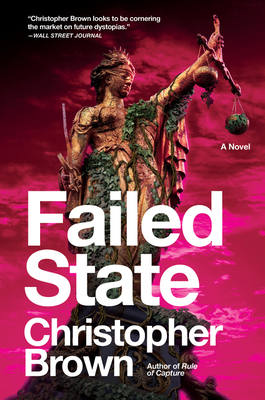
A secret that proves to be deadly for Koli when he finds out a little bit about it, and works out the rest for himself. It's a secret they have that makes them the elite rulers of the village of 200. But the Venastin family has a monopoly on the old tech. Koli wants to be a Rampart, which is somebody who knows how to make the old tech work. This is the post-apocalyptic world of Koli, who lives in northern England. Se dice en inglés: "would have," "could have." I literally bashed the book against my head after the last line, definitely a book that should not be read without access to the sequel. Some other works that came to mind were Cronin's The Passage, Atwood's Oryx & Crake, Lawrence's The Book of the Ancestor, Wyndham's The Chrysalids, Burke's Semiosis, VanderMeer's nature thematic, and The Name of the Wind (namely for the style of narration, if not for anything else.) It's definitely a fresh take, and Carey's storytelling is really spectacular. This book brought to mind so many other books and writers, but not in a way that felt like an imitation, but more like it just exists in a similar world. There's only ever one day that matters, and it moves along with you." And like most people who think that, I was dead wrong. The book ends then Koli's a teenager, at the precipice of actually beginning the journey ahead. The story begins from Koli's childhood, but the narrator is already a grown man. That doesn't lessen the tension at all, and while the generous foreshadowing helps lessen the anxiety, it also helps create it. The story is told by Koli, who we know from the get go is telling his story after the fact. Oh, and there's also a badass, self-aware AI. The threat from outside isn't zombies or war or disease, but nature itself, which has turned on humanity after humanity has tinkered with it for too long. There still exist the remnants of past technologies, which are wielded by a chosen few, who in turn rule the ones without. What is left are the small, dwindling communities. The world has flourished, and the world has fallen, both by our own hands.

The story starts from a closely guarded little village set in a pretty feudal society. I didn't know overly much about the book going in, but the setting turned out to be one of my absolute favorites in fantasy. And by the same token, them as think they're ignorant think it because they can see the edges of what they know, which you can only see when what you know is tall enough to stand on and take a look around."


"I learned since then, and paid a price to learn it, that them as lay claim to great wisdom most often got nothing in their store but bare scrapings. At the beginning, the writing had me a bit worried, but I actually got used to it pretty quickly, and even grew to really like it. For some reason, I didn't expect to love this as much as I did.


 0 kommentar(er)
0 kommentar(er)
